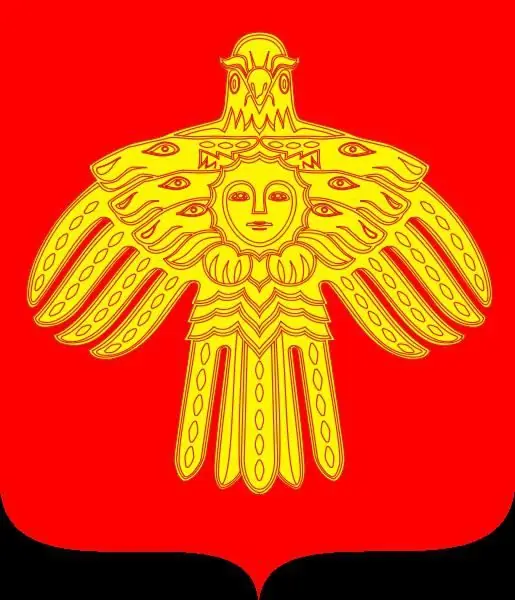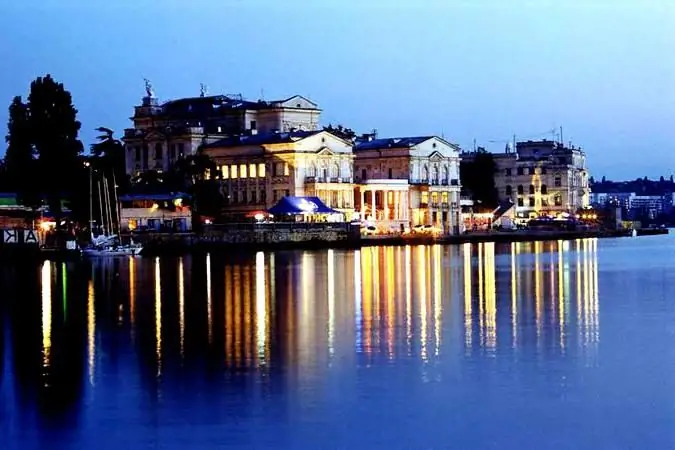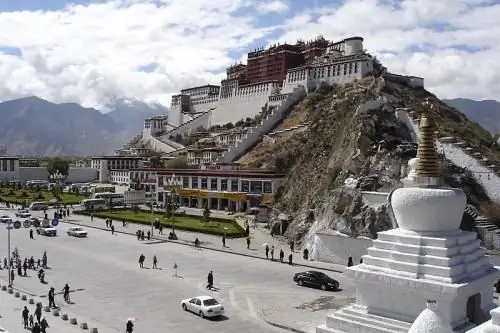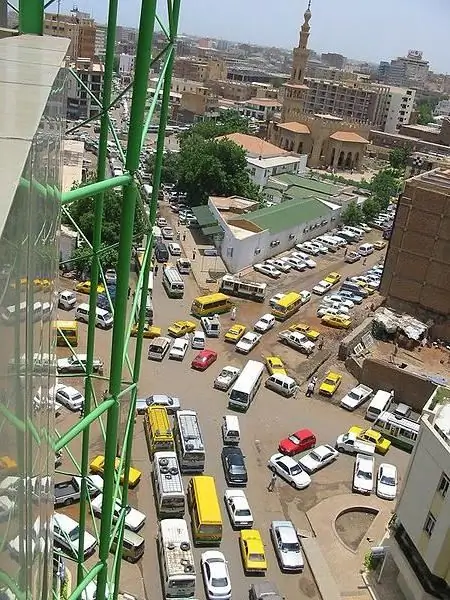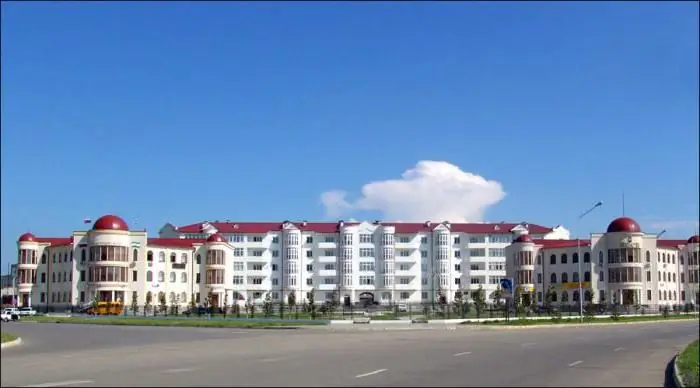- Author Harold Hamphrey hamphrey@travelwaiting.com.
- Public 2023-12-17 10:06.
- Last modified 2025-01-24 11:10.
The capital of Venezuela is located in a beautiful mountain valley in the Caribbean Andes at an altitude of more than a thousand meters above sea level.
The distance to the coast is only 15 kilometers.

Caracas is considered a fairly densely populated city, because it is home to almost a sixth of the country's population.
The capital of Venezuela was founded by Diego de Lozada, an ethnic Spaniard, in 1567. Then it was called Santiago de Leon de Caracas, but later the difficult name was changed to a much simpler one - Caracas.
The city was built on the site of a burned Indian settlement, it suffered many times from pirate attacks. It was in Caracas that the National Congress was convened in 1811, proclaiming the independence of the country, and 20 years later the capital moved here.

Venezuela, which is also called "little Venice", is considered the sixth largest state in South America. Its main attractions are the world's highest waterfall and the longest river.
The capital of Venezuela is located among a range of mountains rising under the sky, in the valley of "singing birds". Caracas is truly mysterious: it perfectly combines newand old. Huge skyscrapers and ultra-modern buildings look great against the backdrop of ancient streets and squares. Despite the fact that it is growing very fast, and its territory is already heavily built up, however, there are many green parks and plantings.
In 1900, the capital of Venezuela was badly damaged as a result of a powerful earthquake that claimed numerous lives and caused enormous losses. But after oil fields were discovered on the outskirts of Caracas, the city began to flourish. High-rise modern buildings, high-speed roads, residential complexes and centers were built with oil revenues.

But despite such rapid growth, the capital of Venezuela carefully guards its historical sites, such as Bolivar Square, in the center of which there is a monument to the liberator, a 17th-century cathedral, Natal Palace.
In general, many places in the city are associated with the name of Bolívar: a museum, a palace where he spent his childhood, an avenue named after him, two interconnected skyscrapers.
The capital of Venezuela is justly proud of its Botanical Garden, which contains the rarest collection of cacti, and between the sea and the city there is a huge reserve - a favorite place for citizens.
The city hippodrome is of no less interest, located on an area of more than five hundred hectares.
In Caracas there is also a university, a music academy, many theaters, museums.

To date, tours in Venezuela -quite a rare occurrence. We Russians know little about this country, but almost everyone has heard of Hugo Chavez, the late but very charismatic president who brought his country out of a protracted war. And so today, tourists can already see with their own eyes the unique nature of Venezuela, its Angel Falls, which is the most majestic natural miraculous creation on the continent.
Beach lovers will appreciate the luxurious beaches of this Caribbean coast, and those who prefer active pastime can enjoy rafting, safari and jeeping in many protected parks of the country.


